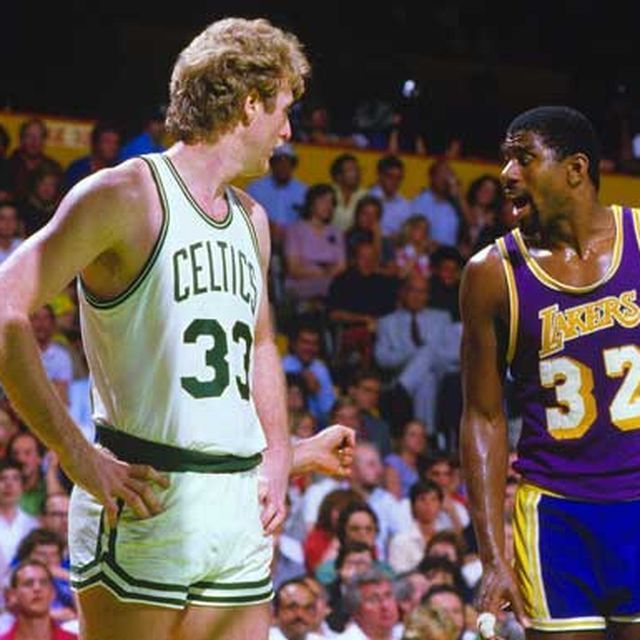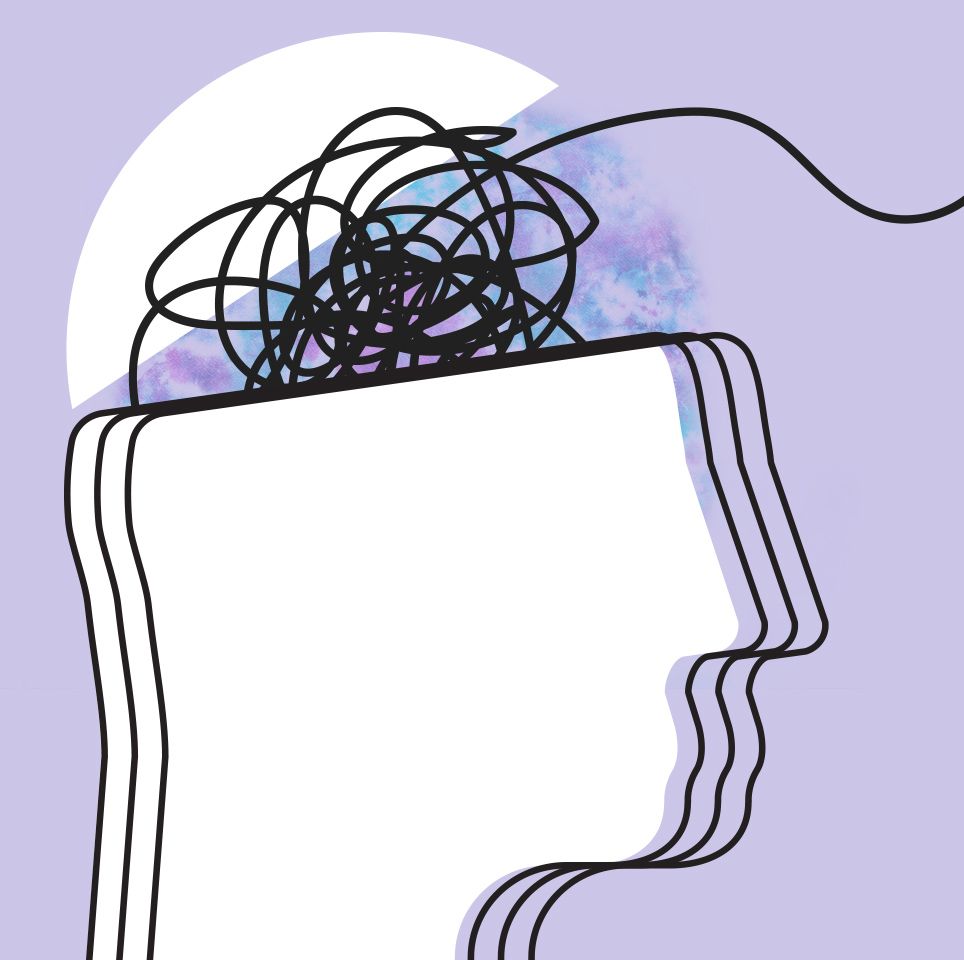| The Importance of Being Hated "It's not what you know," they say. "It's who you know." We have all heard this sentiment, and we all reflexively agree with it. This is because "they" are hard to debate, especially since "they" never seem to be in the room whenever anyone makes reference to them. Yet they have a secret shame, and it's a shame they can't deny: They are losers. They are failures. They don't realize that life is--almost without exception--an absolute meritocracy, and everyone who succeeds completely deserves it. The only people who disagree with this are people who will never succeed at anything. You see, "they" want you to believe the passageway to power is all about cultivating allies, so they spend all their time trying to make friends and influence people. And this is why they fail. It rarely matters who is on your side; what matters is who is against you. Unlike Gloria Loring, you don't need a friend and you don't need a lover. What you need is a) one quality nemesis, and b) one archenemy. These are the two most important characters in the life of any successful human. We measure ourselves against our nemeses, and we long to destroy our archenemies. Nemeses and archenemies are the catalysts for everything.
Now, I know that you're probably asking yourself, How do I know the difference between my nemesis and my archenemy? Here is the short answer: You kind of like your nemesis, despite the fact that you despise him. If your nemesis invited you out for cocktails, you would accept the offer. If he died, you would attend his funeral and--privately--you might shed a tear over his passing. But you would never have drinks with your archenemy, unless you were attempting to spike his gin with hemlock. If you were to perish, your archenemy would dance on your grave, and then he'd burn down your house and molest your children. You hate your archenemy so much that you try to keep your hatred secret, because you don't want your archenemy to have the satisfaction of being hated. Like It or Not, Star Wars Belongs to The Mandalorian Now When I tuned into The Book of Boba Fett this week, I was thrilled to discover that Episode Five was a backdoor episode of The Mandalorian with Boba Fett nowhere in sight. Probably searching for space coconuts or whatever the hell. In a single episode of television, I feel like I lived through another season of The Mandalorian all over again. I bounced between planets with Mando. Jumped in the droid port of his new ship and raced through the sands of Tatooine. My heart melted like molten Beskar when he longingly looked at his present to Grogu on the commuter ship. That's when it hit me, like a Darksaber blow to the gut. The Mandalorian is the mainline Star Wars story now. 'My Freshmen Are More like 7th Graders': Inside the Omicron-Era Classroom The great American schools debate has featured a lot of justifiable concern around the pitfalls of virtual school: learning loss, stalled behavioral development, childcare strains, and the many other cascading effects of losing these institutions that we have made core gears in our social machine. Sometimes, these debates have veered into speculation about whether teachers are really doing everything they can for students. But we rarely hear from teachers themselves. So we asked six educators from K-12 schools across the country what it has been like teaching this year, particularly since the rise of the Omicron variant in December. Terry Bradshaw is Finally Becoming Himself In The Terry Bradshaw Show, Terry Bradshaw speaks at length about suffering depression so terrible that, as he once said in a 2003 TV interview, he asked a doctor to put him out, unconscious, for three days. Just for the relief. Through all of his sporting career, his separations, his bouts with the media, it's depression—the kind so deep that you feel it in every inch of yourself—that's fought against his happiness, of fulfillment for a life well-lived, this entire time. Watching Going Deep, a new HBO special about his life, you'll understand why Terry Bradshaw is not that kid from Shreveport anymore. He's not the Super Bowl winner even. Hell, he may not even be the guy you see hamming it up every Sunday. You'll see that he is a man, in the eighth decade of his life, who remains in motion. Evolving. You get the sense that he's still becoming someone else. We talked to this Terry Bradshaw—the one who knows what the purpose of all of the pain. How to Feel Normal There has been a change in my life that is massive and boring, miraculous and quotidian. After decades of failing, flailing, and frustration, I am on medication and in therapy for ADHD. My brain is finally beginning to work properly, and the biggest breakthrough is the smallest: now I rinse the last dish. Perhaps you think of ADHD as a racing mind, a restless energy, a propensity to focus a little bit on a lot of things, but for me, the symptoms were all in the sink. I'd always been good at starting to do the dishes. I'd come in hot every time, then get 85% of the way through and burn out. My mind would flash to any of the other dozen tasks I'd left 85% done, and I'd rush off to finish one of those. A dirty dish and a fork left to be tended to at a later time, when I was 85% into something else. There was always a little bit of laundry left unfolded, a bill or two left unpaid, a to-do list almost all crossed off. That's what my ADHD looked like in adulthood: small piles of good intentions strewn around the house. What I've Learned: Neil Young The wisest person I ever met had to be my companion in the hospital a few months ago. I was recovering from complications after an operation to remove an aneurism in my brain. She was about eighty-five years old and maybe five feet tall. An old black lady from South Carolina. This young nurse wasn't really in touch with what she was doing, and the old lady would tell her how to do what she needed to do without telling her. She never talked down to her, just gave examples. I felt that this old woman must be deeply religious, but there was nothing forceful about her. I woke up one morning at a quarter to six and looked out the window. Fog was on the bridge outside the room, and I said, "Well, that's just beautiful." And she said: "Yes, it is." She turned toward me with this eighty-five-year-old face that didn't have a line on it, no strain, nothing, and she said: "So the master's not taking you. It's not your turn."
|
Sunday, January 30, 2022
The Importance of Being Hated
Subscribe to:
Post Comments (Atom)









No comments:
Post a Comment